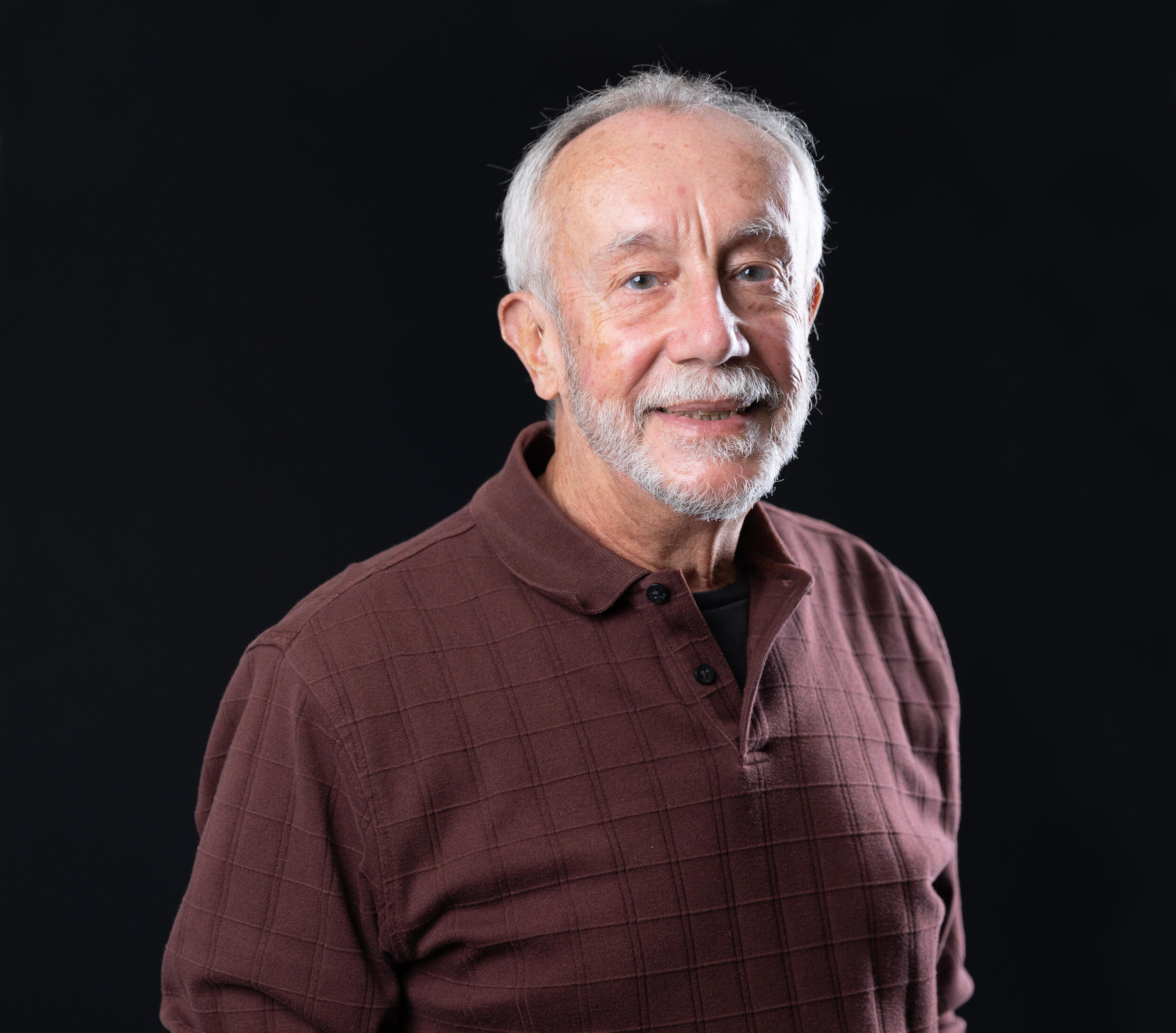Ernest Balajthy
Professor, Literacy Division Coordinator
South Hall 222B
585-245-5254
balajthy@geneseo.edu
Dr. Balajthy is Professor of Education in the Literacy Division.

Curriculum Vitae
Education
Ed.D., Rutgers University
M.Ed., Rutgers University
B.A., Rutgers College
Employment
Dr. Balajthy taught for almost 10 years in New Jersey public schools, as a classroom teacher and as a reading specialist.
He has directed literacy/reading clinics at all levels, early literacy through adult.
At SUNY-Geneseo, Dr. Balajthy is the faculty advisor to the InterVarsity Christian Fellowship and the Elementary and Secondary Education Association.
Affiliations
International Reading Association
Association of Literacy Educators and Researches
Literacy Research Association
Publications
Research study in progress: Grades 1-12 Beta Testing and Norming of Tier Tracker for Mathematics Universal Screening and Progress Monitoring Test. Sponsored and funded by School Specialty Intervention, Inc., Cambridge, MA: 2-year study being carried out with 10,000 K-12 students.
Accepted for online and print publication by School Specialty, Inc., Cambridge, MA: Research Basis White Paper for Making Connections Intervention Online, a blended learning curriculum for struggling middle school readers
Publication and paper presentation: An Interdisciplinary Approach to Software Development in Educational Technology. 2011 Proceedings of the International Association of Technology, Education, and Development, Barcelona, Spain. (Co-author: Edina Torlakovic, Carleton University, Ottawa, Ontario)
In progress for online and print publication by School Specialty, Inc., Cambridge, MA: Research Basis White Paper for Wordly Wise 3000 Online, a K-12 online program for academic vocabulary development
Research study in progress: Year 2 of the Restore Evaluation Study. 2010-2011 data collection and research on the Restore After-School Program for Urban Youth, Elizabeth, New Jersey.
Paper presentation: Response to Intervention (RTI) and Technology-Based Assessment. Association for Supervision and Curriculum Development, San Francisco, March, 2011
Presentation accepted: Supporting Urban After-School Programs Using Technology. International Reading Association, Orlando, FL, May, 2011.
Research Interests
Ernest Balajthy is the author of three books and many articles in the field of reading and literacy. Balajthy’s most recent book is Struggling Readers: Assessment and Instruction K-6 (Guilford). He is the author of two of the earliest books on using computers to teach literacy, Microcomputers in Reading and Language Arts and Computers and Reading: Lessons from the Past and the Technologies of the Future (both published by Prentice Hall). He has also authored over 100 articles related to literacy and technology and has edited regular columns on the topic in two journals: Reading and Writing Quarterly and The Reading Teacher. His other scholarly interests include assessment and testing, metacognition, and comprehension.
